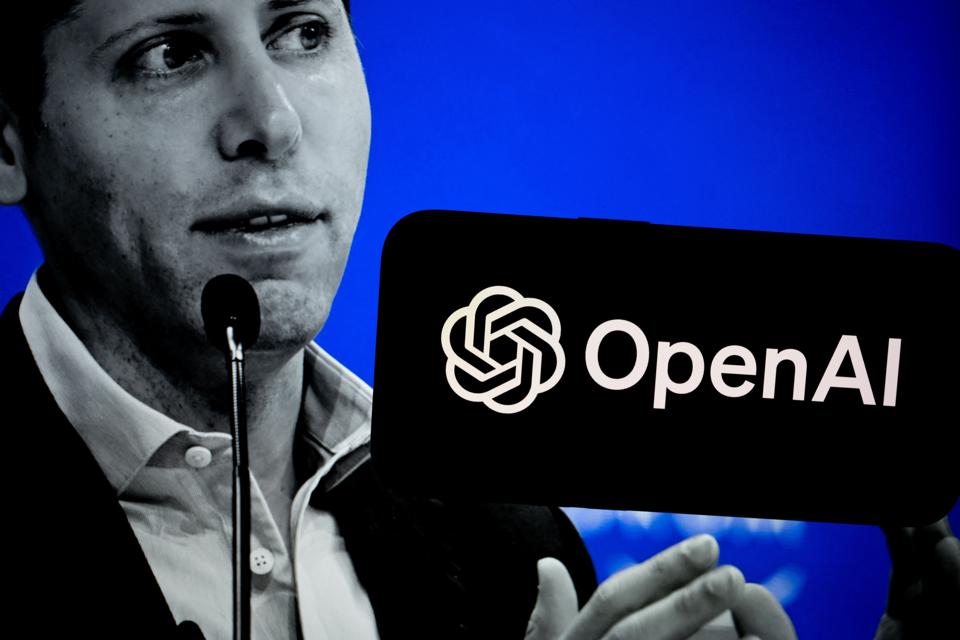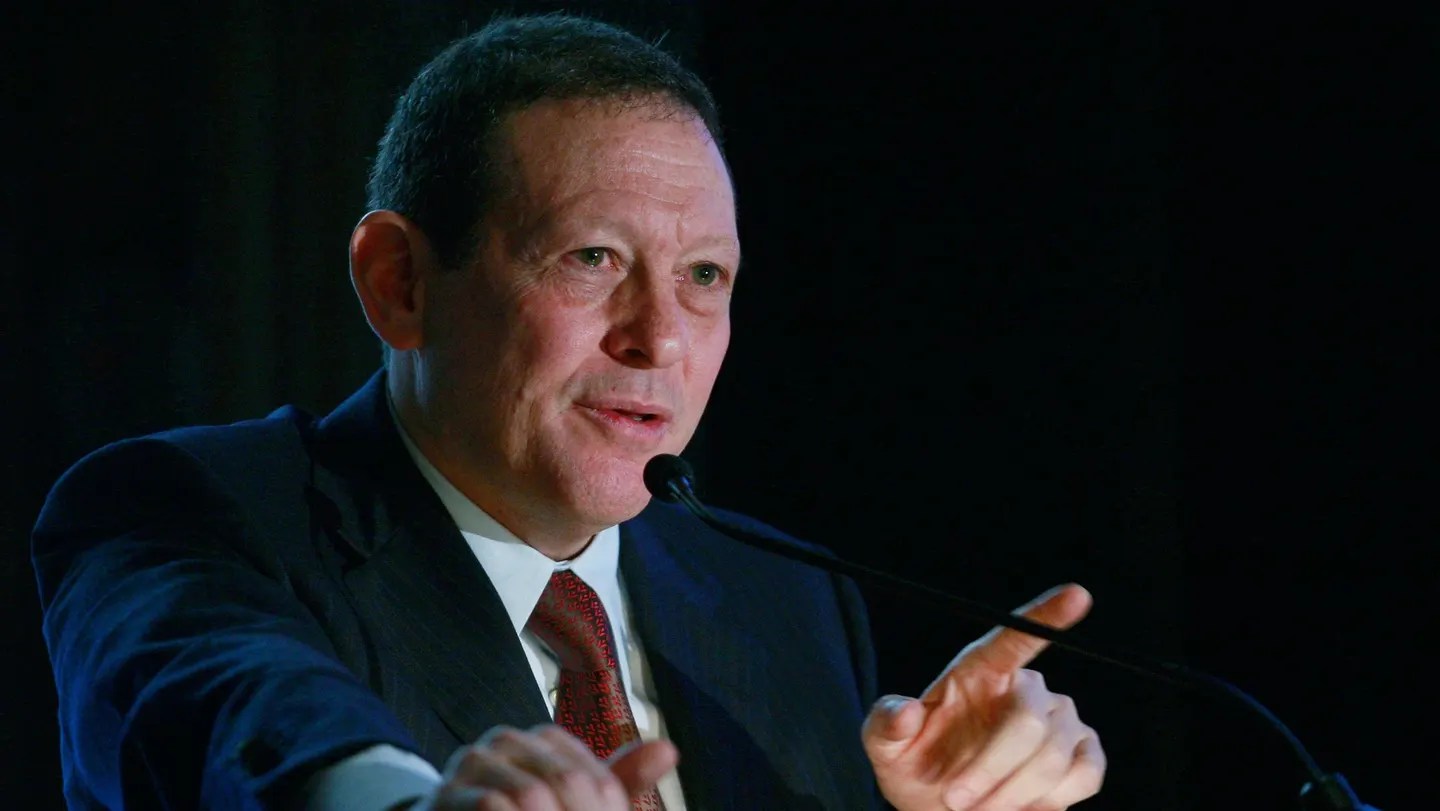OpenAI closed a $6.6 billion funding round that valued the booming artificial intelligence company at $157 billion, according to a Wednesday statement, a massive figure nearly double what the company was valued at early this year.

The funding round was announced Wednesday. (Photo by Didem Mente/Anadolu via Getty Images)
Anadolu via Getty Images
Key Takeaways
- The $6.6 billion in funding will be allocated toward the company’s AI research, its products and services and its computing capacity, OpenAI said.
- OpenAI received funding from Thrive, SoftBank, Nvidia and its longtime backer Microsoft, which contributed a littles less than $1 billion, according to The Wall Street Journal.
- OpenAI’s new valuation is nearly double its approximately $80 billion valuation in February following a deal that allowed employees to sell shares in the company, The New York Times reported.
- Funding round investors can take their investments back if OpenAI, a nonprofit, does not complete its transition to a for-profit firm, according to the Journal.
Surprising Fact
Thrive Capital was founded and is managed by Josh Kushner, the brother of Jared Kushner, former President Donald Trump’s son-in-law and former senior adviser. We estimate Josh’s net worth at $3.8 billion.
Tangent
OpenAI CEO Sam Altman, who will reportedly receive a 7% stake in the company once it converts to a for-profit structure, will potentially see his stake increase to 11% with the new valuation.
Key Background
OpenAI has more than quadrupled its value since last year, when its valuation reached $29 billion, according to the Times, which noted the company has increased its workforce from 1,000 to 1,700 this year.
OpenAI is at the forefront of the AI boom and has consistently received backing from other tech giants like Microsoft, an early investor that has since sunk at least $13 billion into OpenAI since 2019.
OpenAI’s conversion from a charitable nonprofit to a for-profit company has been closely watched as it grows its offerings and revenue. The company expects to generate $3.7 billion in sales this year and about $5 billion in losses, according to the Times. The transition to a for-profit firm would potentially attract more investors, the Journal reported, noting the process could take years to complete.


